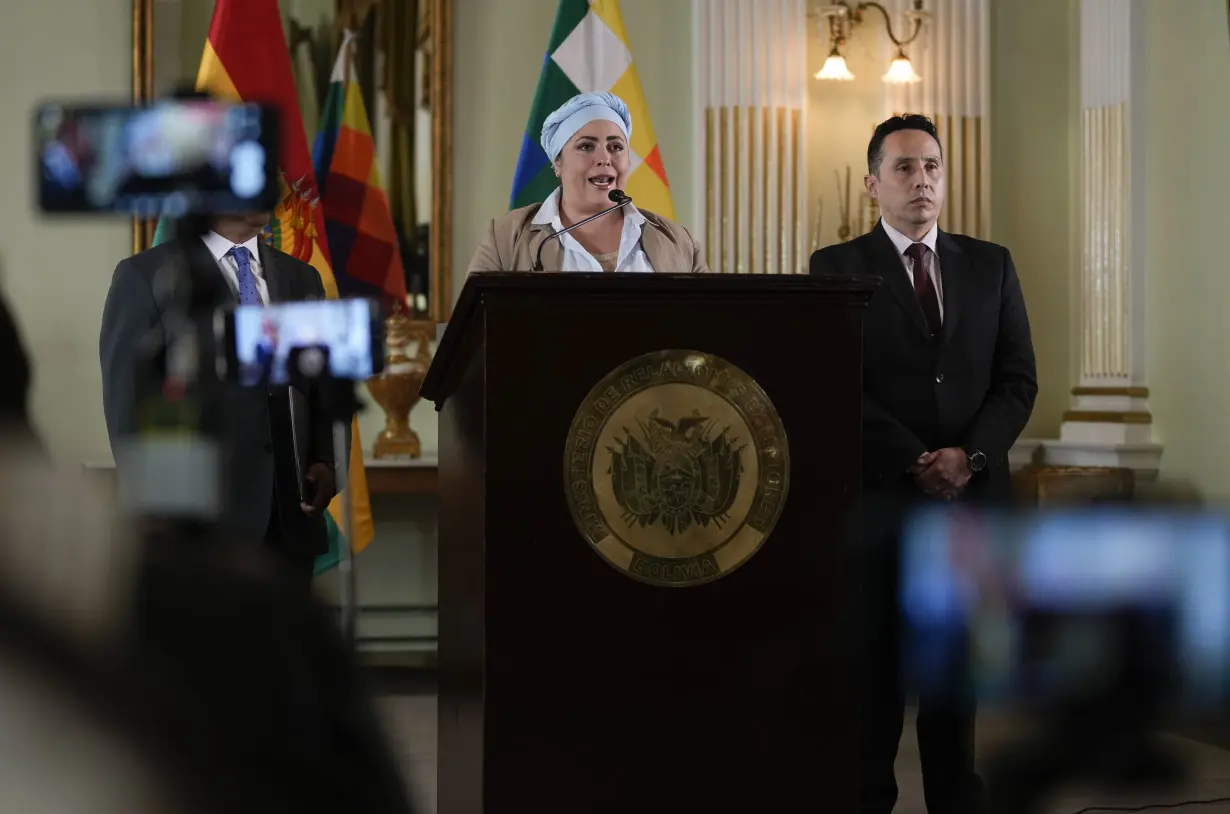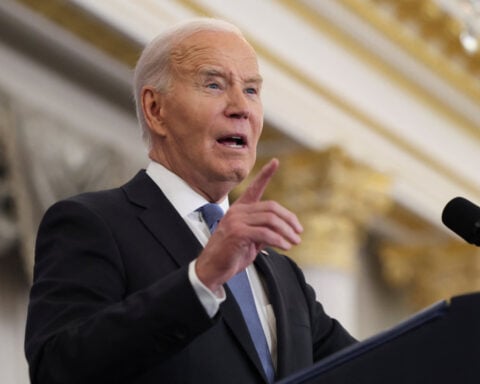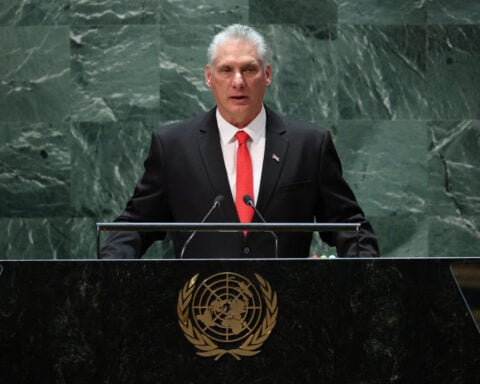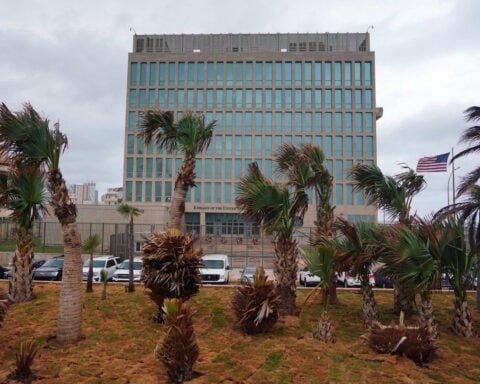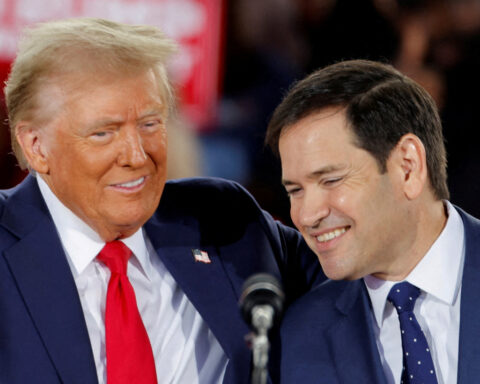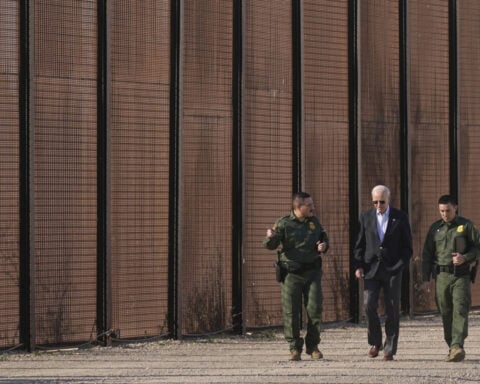LA PAZ, Bolivia (AP) — The Bolivian government on Monday summoned the Argentine ambassador to address the country's claim that the attempted military coup that rattled Bolivia last week was a hoax.
Bolivia's official reprimand of its neighbor adds to the fallout from the purported foiled mutiny last Wednesday that has left the country of 12 million shocked and bewildered. Bolivian President Luis Arce faces a wave of criticism at home and abroad from those claiming he engineered the coup to make himself look like a hero — an accusation first made by General Juan Jose Zúñiga before his sacking and arrest on charges of leading the armed uprising.
A string of Bolivian opposition figures have united in calling the coup a stunt, with Arce's main political rival and one-time mentor, former leftist President Evo Morales, echoing the accusation late Sunday without providing evidence. Arce has vigorously denied the allegations.
Right-wing Argentine President Javier Milei became the first head of state to join the chorus of skeptics, attacking Bolivia's history of socialist governments, which he said endangers democracy. “The tale that was told was not very credible,” the president's office said of Wednesday's alleged coup attempt — a dramatic reversal from Argentina's initial statement condemning the troops occupying central La Paz.
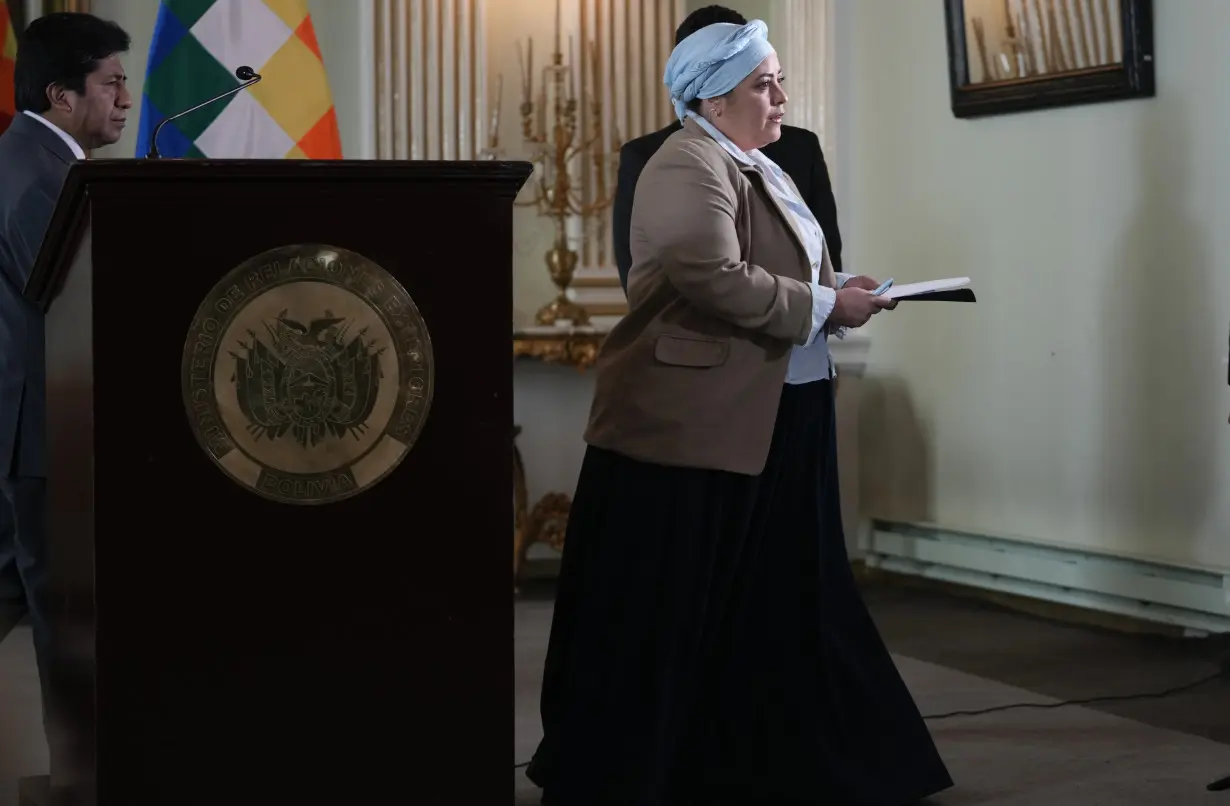
Bolivian interim foreign minister, María Nela Prada, denounced Milei's statement as “unfriendly and reckless” and “misinformed and biased” on Monday. Incensed over what she called Argentina's “unacceptable denialism,” Prada and other officials called on Milei to stay out of Bolivian internal affairs.
“We have always maintained a position of respect and we will demand the same respect,” said Gabriela Alcón, Bolivia's deputy minister of communication.
Milei's government only doubled down on its denial of the coup attempt in response to the outrage in La Paz, escalating the diplomatic spat between the nations that share a long border and history of trade and cooperation.
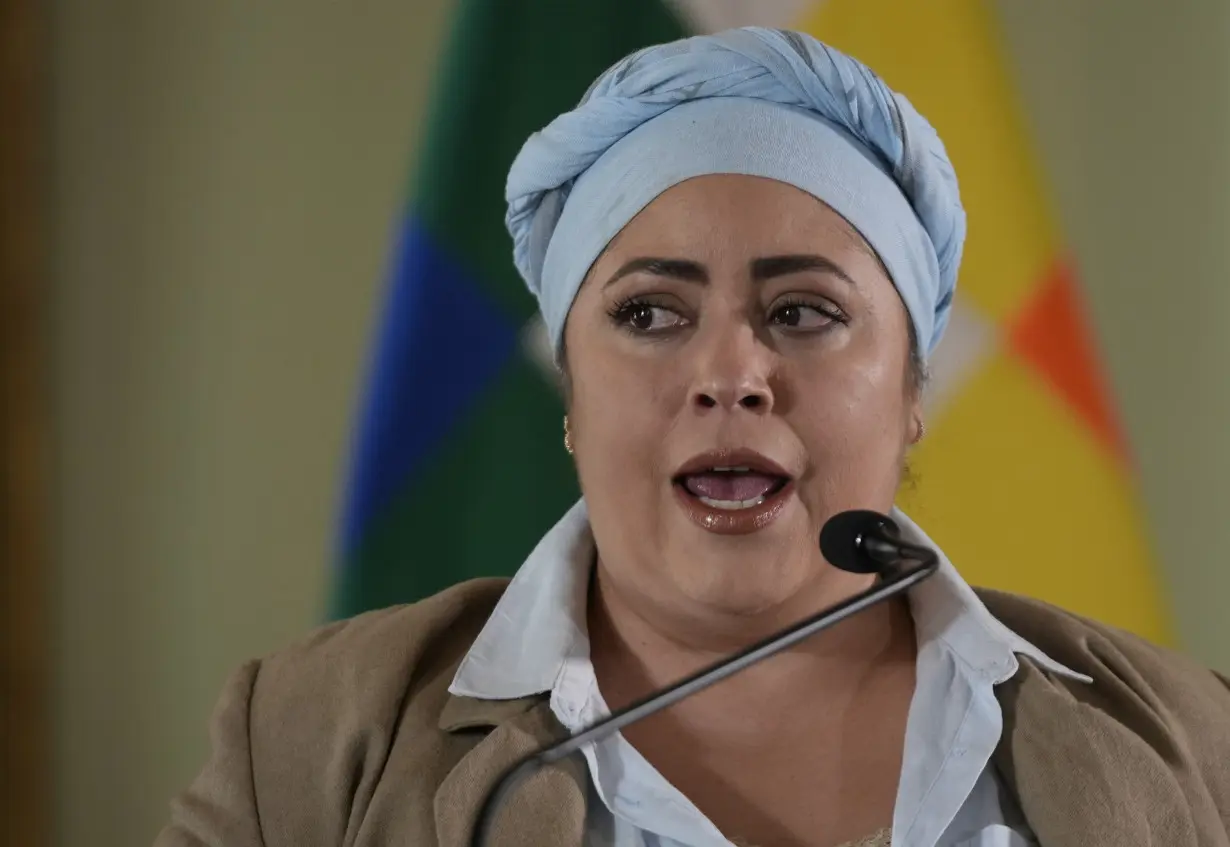
“It is simply a description of the facts, an account of the different information that we are collecting,” presidential spokesperson Manuel Adorni said in his daily news conference, defending Milei's allegations that the government faked the coup without elaborating. “We are aware of the delicate institutional situation."
Various right-wing opposition figures in Bolivia, arrested and still detained over their alleged role in the 2019 mass protests that prompted then-President Morales to resign and flee, thanked Milei for his support.
Asked about the allegations of a self-coup on Monday, U.S. State Department spokesman Vedant Patel said Washington hoped to see an independent investigation into last week's events in Bolivia.
“We understand and have taken note of the number of viewpoints that have emerged in recent days and we welcome an independent analysis,” Patel told reporters.
Last Wednesday, Zúñiga and other military officials stormed the presidential palace, ramming its doors with a tank and railing against the country's politicians. In a dramatic face-to-face confrontation, Arce ordered Zúñiga to back down — successfully putting a lid on the rebellion after just three chaotic hours that reverberated regionwide.
A brief outpouring of popular support for Arce has given way to a firestorm of speculation about what really happened and whether Arce played a role in the tumult. Authorities are widening their dragnet, arresting 21 soldiers and civilians over the coup attempt.
On Monday, Bolivian state TV reported that police detained an army commander in the central city of Cochabamba and who, the attorney general said, served as a sniper during the coup attempt.
Alleged ringleaders, including Zúñiga, remain in custody.
Senior Cabinet member Eduardo del Castillo insisted in remarks late Sunday that the coup was no ploy by Arce but rather an alarming effort to oust the government by force. Explaining its failure, he said: “Fortunately, many people were insubordinate."

 Germany sees meat exports to EU continuing after foot-and-mouth case
Germany sees meat exports to EU continuing after foot-and-mouth case
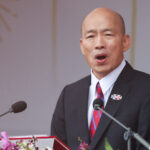 Parliament speaker to lead Taiwan delegation to Trump's inauguration
Parliament speaker to lead Taiwan delegation to Trump's inauguration
 German economy contracted 0.2% in 2024
German economy contracted 0.2% in 2024
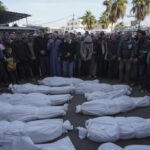 Middle East latest: Palestinian prime minister says Palestinian Authority should run Gaza in future
Middle East latest: Palestinian prime minister says Palestinian Authority should run Gaza in future
 Nokia signs multi-year patent license agreement with Samsung
Nokia signs multi-year patent license agreement with Samsung
 Irish parties secure 'comfortable majority' for new government
Irish parties secure 'comfortable majority' for new government
 Bayern Munich signs US youngster Bajung Darboe from LAFC
Bayern Munich signs US youngster Bajung Darboe from LAFC
 Novak Djokovic breaks a tie with Roger Federer for the most Grand Slam matches in tennis history
Novak Djokovic breaks a tie with Roger Federer for the most Grand Slam matches in tennis history
 China's RedNote: what you need to know about the app TikTok users are flocking to
China's RedNote: what you need to know about the app TikTok users are flocking to
